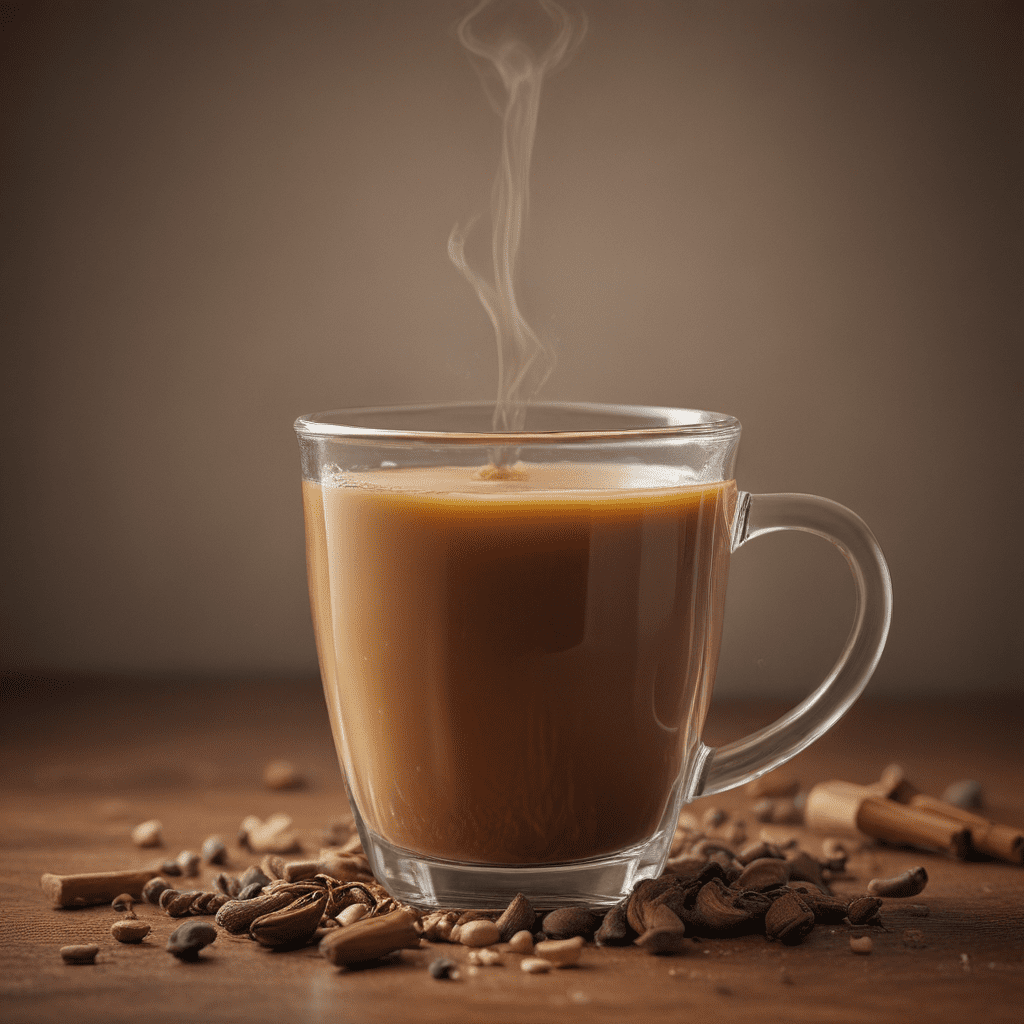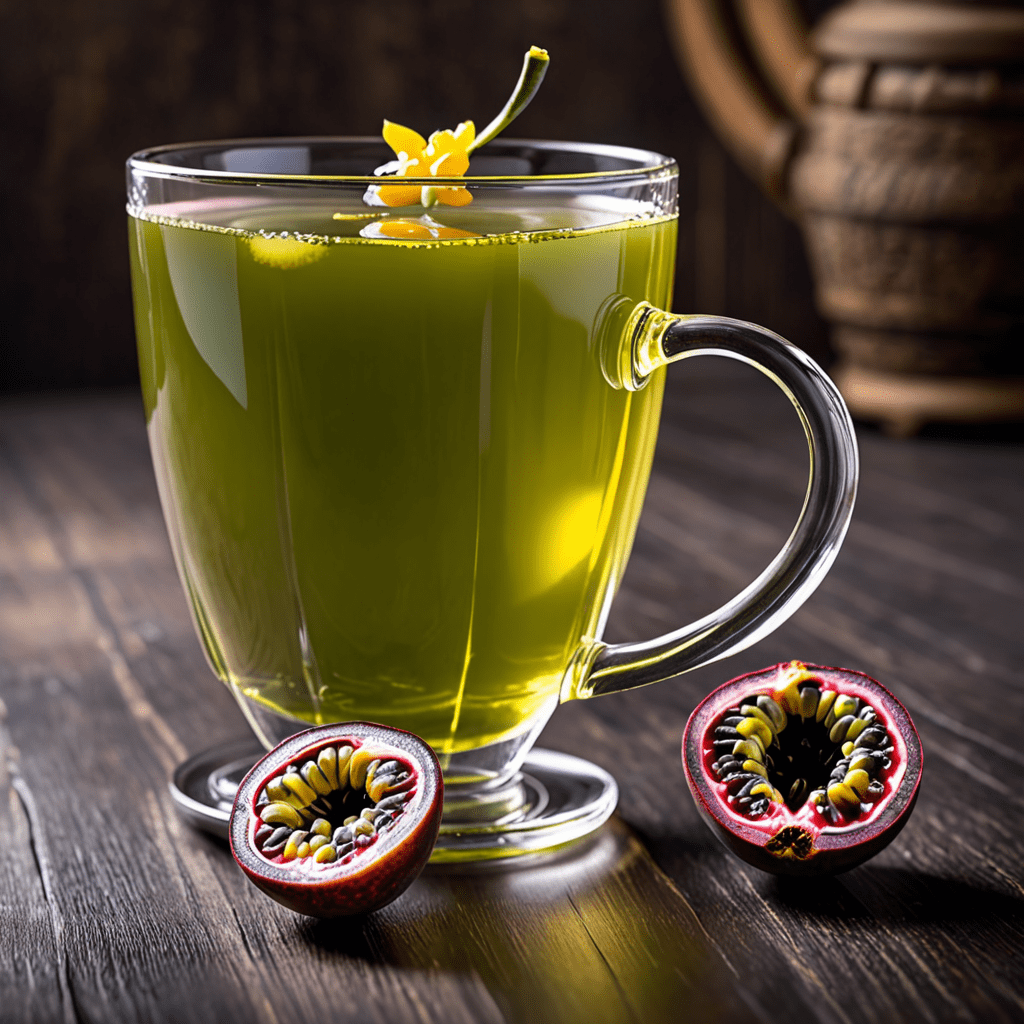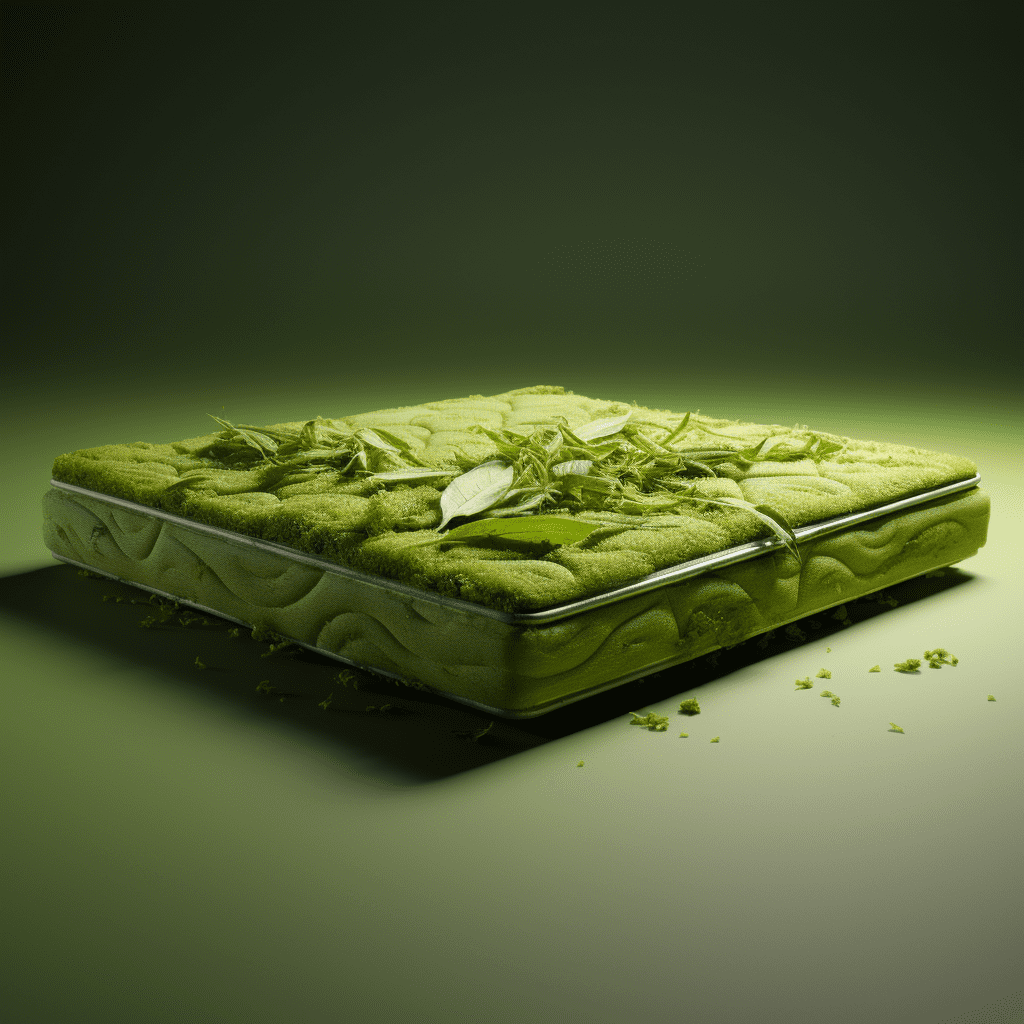
Chai Tea: Aromatic Comfort in Every Sip
Chai tea is an aromatic beverage that has captivated tea enthusiasts for centuries. Originating in India, this flavorful concoction has become a global favorite, enjoyed for its comforting warmth and invigorating taste.
Origins and History
The origins of chai tea can be traced back to ancient India, where it was traditionally prepared as a medicinal drink. Known as masala chai, this tea was believed to have healing properties and was often consumed as an Ayurvedic remedy. Over time, chai tea evolved into a popular beverage, enjoyed by people from all walks of life.
Ingredients and Blends
Chai tea is typically made with a blend of black tea leaves, aromatic spices, and milk. The most common spices used in chai tea include ginger, cardamom, cinnamon, and cloves. However, variations exist, with some blends incorporating additional spices such as nutmeg, star anise, or fennel. The combination of these spices creates a unique and flavorful tea that is both comforting and invigorating.
Flavor Profile and Health Benefits
Chai tea is known for its robust and spicy flavor, with a hint of sweetness from the milk. The spices used in chai tea not only contribute to its flavor but also offer various health benefits. Ginger is known for its anti-inflammatory properties, while cardamom aids in digestion. Cinnamon is a natural antioxidant, and cloves have antimicrobial properties.
Preparing the Perfect Chai Tea
Making the perfect chai tea is an art form that requires careful attention to detail. The traditional method involves simmering black tea leaves with spices in milk for several minutes. However, there are other variations, such as using a tea concentrate or preparing chai tea in a French press. Regardless of the method, the key to a great chai tea is to achieve a balance of flavors and aromas.
Modern Chai Tea Variations
In recent years, chai tea has experienced a surge in popularity, leading to the emergence of numerous modern variations. These variations often incorporate unique ingredients or flavor profiles to cater to diverse preferences. Some popular modern chai tea variations include:
Chai Latte: A creamy and frothy beverage made with chai tea concentrate and steamed milk.
Chai Tisane: A caffeine-free chai tea made with herbal ingredients such as rooibos, peppermint, or lemongrass.
Spiced Chai: A chai tea with a more pronounced spicy flavor, often incorporating additional spices like black pepper or cayenne.
Floral Chai: A chai tea with a hint of floral notes, achieved by adding ingredients like lavender or rose petals.
Sweet Chai: A chai tea with a sweeter flavor profile, often achieved by adding honey or maple syrup.
Pairing Chai Tea with Food
Chai tea's versatility extends beyond its consumption as a standalone beverage. It also pairs well with a variety of foods, enhancing their flavors and creating a harmonious culinary experience. Some popular pairings include:
Biscuits and Cookies: The warm and spicy notes of chai tea complement the buttery sweetness of biscuits and cookies.
Scones: The dense and crumbly texture of scones provides a satisfying contrast to the smooth and flavorful chai tea.
Fruit: Chai tea's spicy profile pairs well with the natural sweetness of fruits like apples, bananas, and mangoes.
- Indian Cuisine: Chai tea is an integral part of Indian cuisine, often served alongside savory dishes like samosas, pakoras, and curries.
Cultural Significance
Chai tea holds a significant cultural significance in India, where it is considered a symbol of hospitality and community. It is commonly served in homes, cafes, and tea stalls, fostering social connections and cultural exchange. Chai tea has also become a popular beverage in other parts of the world, representing a harmonious blend of Eastern and Western flavors.
Health Benefits and Antioxidant Properties
Beyond its delightful taste, chai tea offers an array of health benefits. The spices used in chai tea, such as ginger, cardamom, and cinnamon, are known for their antioxidant properties, which help protect the body against cellular damage. Studies have also shown that chai tea may support digestive health, reduce inflammation, and boost immunity.
Conclusion: The Enduring Allure of Chai Tea
Chai tea has captivated tea enthusiasts for centuries, and its popularity continues to grow around the world. Its aromatic blend of spices, comforting warmth, and versatility make it a beloved beverage that transcends cultural boundaries. Whether enjoyed as a standalone drink or paired with food, chai tea offers a unique and flavorful experience that delights the senses and nurtures the body and soul.
FAQ
What is the difference between chai tea and regular tea?
Chai tea is a blend of black tea leaves, spices, and milk, while regular tea typically refers to unflavored black, green, or herbal teas.
Can I make chai tea at home?
Yes, you can easily make chai tea at home by simmering black tea leaves with spices and milk.
What are the health benefits of chai tea?
Chai tea contains antioxidants and spices that may support digestive health, reduce inflammation, and boost immunity.
How do I store chai tea?
Chai tea should be stored in an airtight container in a cool, dry place.

